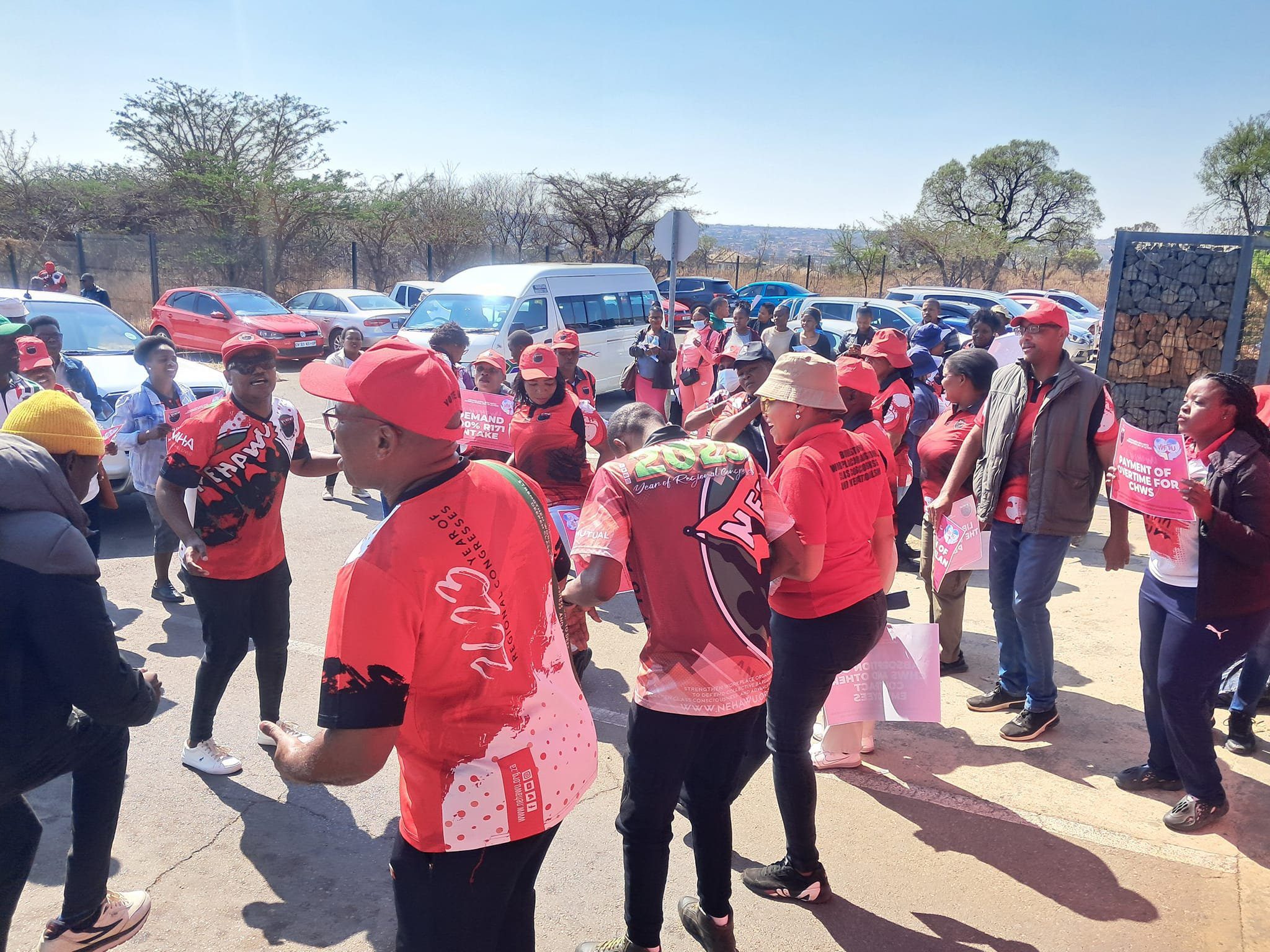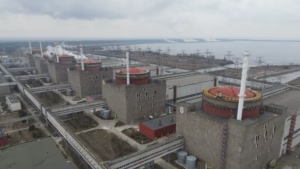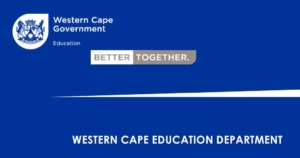The Congress of South African Trade Unions (COSATU) has taken a firm stance against proposals to either privatise or liquidate the South African Post Office (SAPO). This position reflects deep concern about the impact these measures would have, particularly on SAPO’s workforce, and highlights the federation’s discontent with the current management of the state entity.
In an official statement, COSATU expressed its alarm at the severe consequences felt by SAPO employees. The federation condemned the mismanagement of the organisation’s financial responsibilities, including employee salaries, pension contributions, and medical-aid funds, which has caused substantial hardship to the workers.
“Despite the Federation intervening repeatedly with government and the Business Rescue Practitioners, workers have been made to pay the price of SAPO management who failed to ensure the post office kept pace with radical technological advances in the postal sector and who all too often prioritised enriching themselves instead,”
COSATU spokesperson, Matthew Parks, said.
The Business Rescue Practitioners, appointed to rehabilitate SAPO’s financial situation, had assured that they would restore stability to the institution. However, instead of improvement, the conditions have significantly deteriorated. More than 200 branches of SAPO have been closed, and many others have fallen prey to criminal activities, leaving them abandoned and vandalised. In a major blow to the workforce, SAPO announced plans to retrench nearly 5,000 employees earlier this year, raising fears of further instability.
COSATU has urged that all discussions surrounding the privatisation or liquidation of the Post Office be halted. According to the federation, there is still an opportunity to revitalise the organisation and restore its standing as a critical public service provider.
“SAPO was once a thriving public entity until the decade of state capture and corruption. With competent management, financial relief and repositioning, SAPO can again play a leading role in the postal sector,”
Parks added.
The African National Congress (ANC) during its 6th administration passed key legislation that aimed to widen SAPO’s operational capacity. This included the provision for SAPO to enter the competitive courier market, as well as plans to position SAPO as a comprehensive service hub where citizens could access various government services. The legislation also paved the way for Postbank, a division of SAPO, to transition into a fully operational commercial and retail banking institution.
These legislative steps are seen as vital interventions that could transform both SAPO and Postbank into financially viable entities. According to SAPO, this repositioning would allow the Post Office to regain its footing and grow in the future.
“It is urgent that the government stave off the liquidation of SAPO and reject calls to privatise it. Treasury needs to provide SAPO the financial relief as provided for in the Budget,”
Parks urged.
COSATU believes that with the right financial support from the National Treasury, SAPO could embark on a recovery journey. This would not only save thousands of jobs but also ensure that the Post Office and Postbank continue to deliver crucial services, particularly to South Africa’s underprivileged communities.
The federation insists that allowing SAPO to fail would disproportionately affect these communities, who rely heavily on the post office for essential services. For COSATU, the solution lies not in privatisation, but in providing the entity with the tools, resources, and management necessary to thrive in an evolving postal and communications sector.
Parks emphasised that abandoning SAPO would be a loss for the public sector and for communities that still depend on its services. By bolstering the organisation with competent leadership and adequate financial resources, COSATU believes that SAPO could once again be a critical asset to the country’s infrastructure.

















